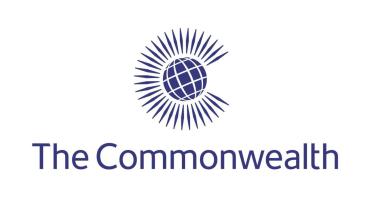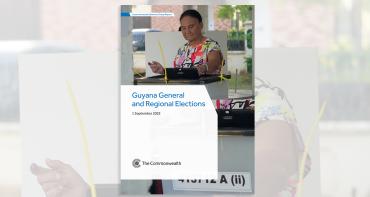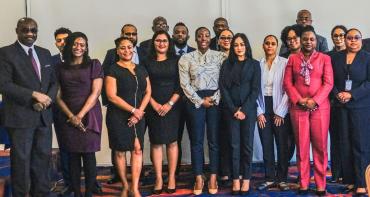The independent Commonwealth Observer Group has issued a report on the United Republic of Tanzania’s general elections of October 2015, which includes recommendations to boost the independence of electoral commissions in both Zanzibar and the mainland.

The independent Commonwealth Observer Group has issued a report on the United Republic of Tanzania’s general elections of October 2015, which includes recommendations to boost the independence of electoral commissions in both Zanzibar and the mainland.
The Group was led by the former President of Nigeria, Goodluck Jonathan. It observed pre-election preparations, voting and counting procedures and concluded that the elections were “one of the most competitive in the history of the country”.
There were eight candidates for president, one of whom was a woman. John Magufuli of the ruling Chama Cha Mapinduzi party was declared the winner of the presidential contest.
Three days after the general elections, the Chairman of the Zanzibar Electoral Commission nullified the Zanzibar election, which was subsequently re-run in March 2016. This re-run was not observed by the Commonwealth Observer Group.
Writing in a foreword to the report, Chairperson Jonathan says: “The people of Tanzania and Zanzibar demonstrated their commitment to democracy by engaging keenly with the process. They largely exhibited tolerance during the campaigns, and on election day they turned up in significant numbers to cast their votes in a peaceful and orderly manner.
“Our overall assessment of the voting and counting process at the polling stations is that it was conducted in accordance with the laws of the United Republic of Tanzania, in a credible, peaceful and orderly manner,” he continues.
In their report, the Commonwealth observers highlight opportunities for improvement in the electoral process, commenting: “We noted with concern that the tallying and results process in Tanzania and Zanzibar did not enjoy the same level of transparency.
“Above all, we were greatly concerned when the Chairman of ZEC nullified the Zanzibar elections on 28 October, after it had already declared more than half of the results. This exacerbated existing tensions between political parties in Zanzibar, and cast a shadow on an otherwise credible and largely peaceful voting process,” President Jonathan says in the foreword.
The observers draw attention to two “critical recommendations” made by the Commonwealth Observer Group that witnessed the previous elections in 2010, which remain unimplemented and “require urgent consideration”, namely: “the lack of redress for election-related disputes on the outcome of the Presidential election and the need to bolster the independence of the NEC [National Electoral Commission] and ZEC [Zanzibar Electoral Commission].”
In order to enhance the standing and independence of the NEC, its members could be appointed by the President of Tanzania subject to parliamentary approval, the observers recommend. In their report, the observers also call on the country’s political parties to support women competing for elected office. “We hope that our recommendations on these, and other areas, will be useful to all stakeholders,” they say.
For the mainland Tanzania election of 25 October 2015, there were 1,218 parliamentary candidates of which 233 were women, and 10,879 councillor candidates of which there were 679 women. For the Zanzibar election, there were two presidential candidates, neither of whom were women, and 180 candidates for the House of Representatives of which there were 29 women.
The report has been sent to the Government, the Electoral Commission, Leader of the Opposition and Commonwealth countries.
Photo caption: Former President of Nigeria, Goodluck Jonathan talks to Tanzanian voters at a polling station.



